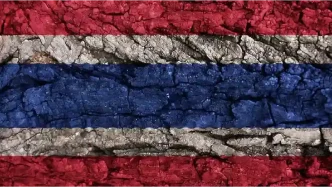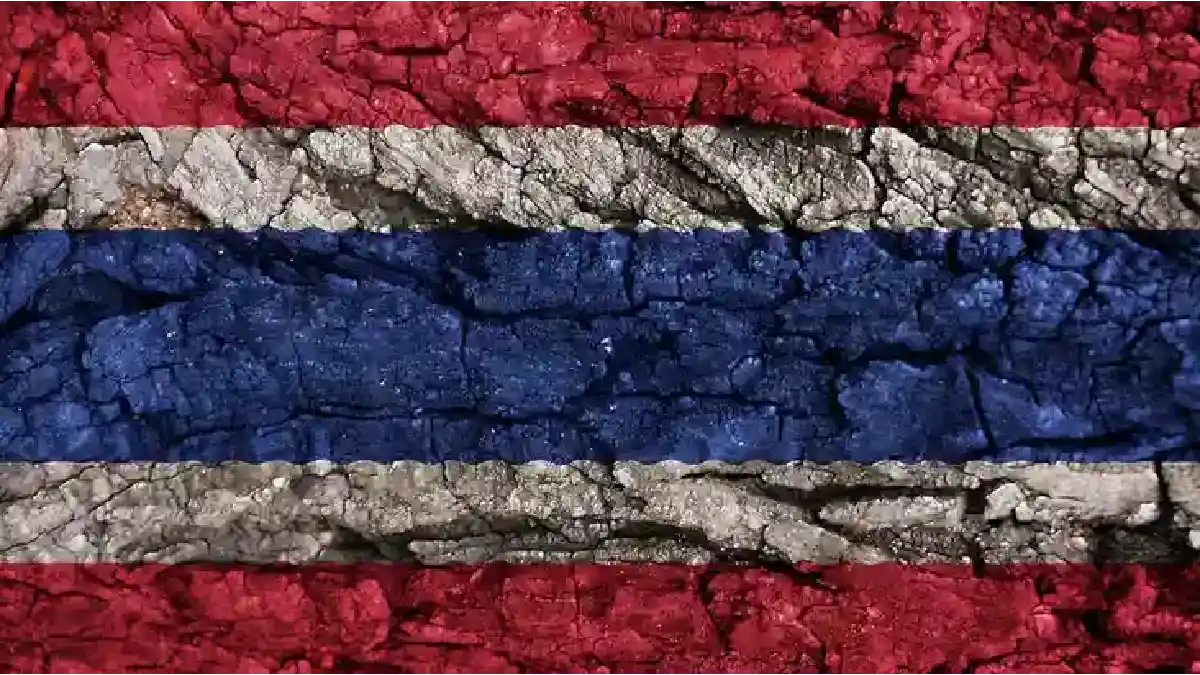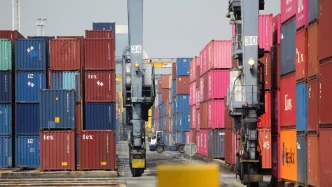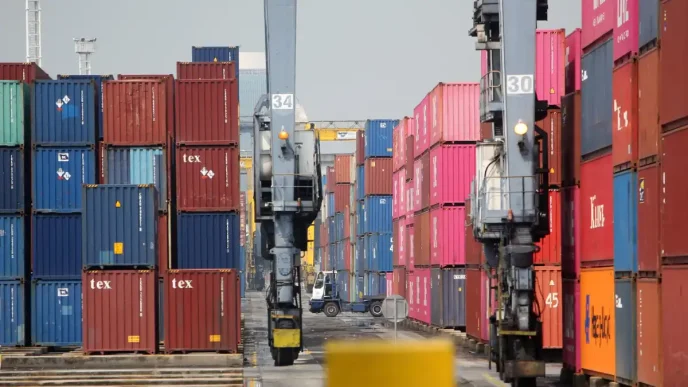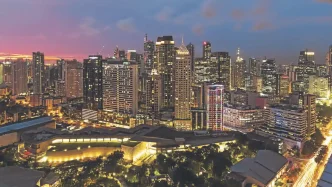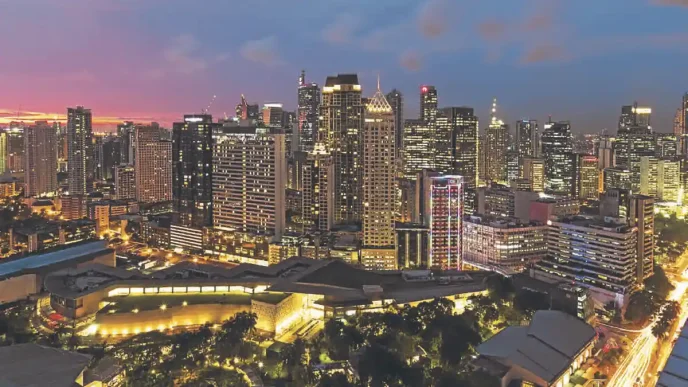Thailand finds itself at a precarious crossroads as simmering border tensions with Cambodia expose a critical gap in its national security framework. The absence of a permanent defence minister in suspended Prime Minister Paetongtarn Shinawatra’s administration has emerged as more than a bureaucratic oversight—it is a strategic and symbolic vulnerability at a time when military diplomacy and coherent policy are urgently needed. With recent clashes along the shared border reigniting historical grievances, the leadership vacuum raises pressing questions about Thailand’s ability to navigate this volatile conflict and maintain domestic political stability.
Border Clashes and a Fragile Ceasefire
A temporary ceasefire brokered this week offered a brief reprieve after four days of violent confrontations along the Thai-Cambodian border, spanning seven provinces. The skirmishes, which reportedly flared again on July 29 despite the agreement, have deepened public anxiety and intensified scrutiny of the government’s response. Historical disputes over territory, compounded by nationalist sentiments on both sides, have long strained relations between Bangkok and Phnom Penh. Yet, the current crisis is further complicated by personal and political frictions, including a widely discussed leaked phone call between Cambodian Senate Speaker Hun Sen and Ms. Paetongtarn, which has fueled speculation of underlying diplomatic rifts.
Amid this charged atmosphere, the lack of a defence minister stands out as a glaring omission. The role traditionally serves as a linchpin for articulating Thailand’s strategic stance, coordinating military operations, and facilitating dialogue with foreign counterparts. Without a clear civilian or military figure at the helm, Thailand risks sending ambiguous signals to Cambodia—potentially interpreted as weakness or indecision—while struggling to manage internal civil-military dynamics.
A Political Stalemate at the Heart of the Vacancy
The roots of the defence minister vacancy lie in a deeper power struggle between Thailand’s elected civilian government and its influential military establishment. The ruling Pheu Thai Party, widely perceived as being under the sway of the Shinawatra family, has faced longstanding tensions with the armed forces since the 2006 coup that ousted Thaksin Shinawatra from power. The military remains a dominant force in Thai politics, wielding both constitutional authority and informal influence. Appointing a defence minister under these circumstances is not merely an administrative decision but a politically fraught one, as it could be seen as a direct challenge to military autonomy.
For now, defence affairs are overseen by Gen Nattaphon Narkphanit of the United Thai Nation (UTN) Party, though speculation persists that the position may be reserved for a figure from a powerful military faction. Some political observers suggest that delaying the appointment is a calculated move by the Paetongtarn administration to avoid immediate confrontation with military elites and preserve a fragile coalition that includes pro-military elements. However, this tactic creates a dangerous blind spot at a time when decisive leadership is critical for addressing both external threats and internal cohesion.
Strategic Risks of a Leadership Void
The absence of a defence minister introduces significant vulnerabilities in Thailand’s handling of the border conflict. A dedicated minister, whether civilian or military, would typically act as a conduit between the prime minister and the armed forces, ensuring that military responses are aligned with broader diplomatic objectives. Without this intermediary, there is a heightened risk of uncoordinated or overly aggressive military actions that could escalate tensions with Cambodia. The lack of a clear voice also hampers military-to-military communication, a vital tool for de-escalating misunderstandings and preventing further clashes.
Beyond immediate border concerns, the vacancy undermines Thailand’s ability to project a unified stance on national security. In a region where historical memory and national pride often amplify disputes, diplomatic nuance and credible deterrence are essential. The current void risks compromising Thailand’s strategic messaging, not only to Cambodia but also to its ASEAN partners, who look for stability and resolve during regional crises. Additionally, emerging threats such as disinformation and cyber warfare—areas requiring seamless coordination with intelligence agencies—further underscore the need for a minister who can navigate these complex challenges.
Domestic Fallout for Pheu Thai and the Shinawatras
As border tensions persist, the political toll on the Pheu Thai Party and the Shinawatra family has become increasingly evident. Public confidence in the government’s ability to manage the crisis has waned, with many viewing the military as the primary defender of national interests. Stithorn Thananithichot, director of the Office of Innovation for Democracy at King Prajadhipok’s Institute, has highlighted the erosion of legitimacy for both Pheu Thai and its key figures, including Thaksin Shinawatra and his daughter, Ms. Paetongtarn. Public frustration was palpable during recent visits by the Shinawatras to affected border areas, where displaced residents openly criticized the government’s slow response and perceived indifference.
A NIDA Poll conducted in the second quarter of this year revealed a sharp decline in Ms. Paetongtarn’s approval rating, dropping from 30.9% to just 9.2% even before the latest border violence. Mr. Stithorn noted that the ongoing conflict has further damaged Pheu Thai’s standing, leaving the party reluctant to dissolve the House and face an election where public support appears to be shifting toward conservative, nationalist factions. “Whatever Thaksin does now will likely backfire. This is no longer his moment” Mr. Stithorn observed, suggesting that Pheu Thai faces an uphill battle to regain lost ground.
The analyst also pointed to growing public suspicion surrounding the border conflict, with some speculating about hidden motives or secret dealings between the Shinawatra family and Hun Sen’s circle in Cambodia. While no concrete evidence supports these claims, the fallout from the leaked phone call between Ms. Paetongtarn and Hun Sen has only deepened mistrust. “There is a strong sense that much remains hidden” Mr. Stithorn remarked, capturing the public’s unease with the government’s opacity during this crisis.
Shifting Political Winds and Future Prospects
The current climate has positioned the military as a symbol of stability in the eyes of many Thais, potentially paving the way for conservative parties to gain traction in future elections. Mr. Stithorn predicts that voters may gravitate toward leaders with strong nationalist credentials or profiles reminiscent of past prime ministers known for competence and integrity. While specific figures like Gen Prayut Chan-o-cha or Abhisit Vejjajiva are unlikely to stage comebacks due to insufficient popularity, the demand for a credible alternative to Pheu Thai is palpable.
Other political players, such as the opposition People’s Party, appear to be holding steady but show signs of slight decline, while the Bhumjaithai Party struggles to appeal to middle-class and conservative voters. “Many voters are likely to look for a new political alternative, one with stronger ideals than the current options” Mr. Stithorn noted. Whether such a party will emerge in time to capitalize on public discontent remains uncertain, but the trajectory suggests a challenging road ahead for Pheu Thai unless it significantly reinvests in rebuilding trust.
A Nation at a Crossroads
Thailand’s defence minister vacancy is more than a political footnote—it is a strategic liability that threatens to undermine the country’s response to an escalating border conflict with Cambodia. As historical grievances and nationalist fervor fuel tensions, the absence of clear leadership risks missteps that could have far-reaching consequences. Domestically, the Paetongtarn administration grapples with waning public support and a resurgent military influence, further complicating its ability to govern effectively.
As Thailand navigates this dual crisis of external conflict and internal division, the question looms: how long can the government afford to delay appointing a defence minister before the costs—both strategic and political—become too great to bear?

